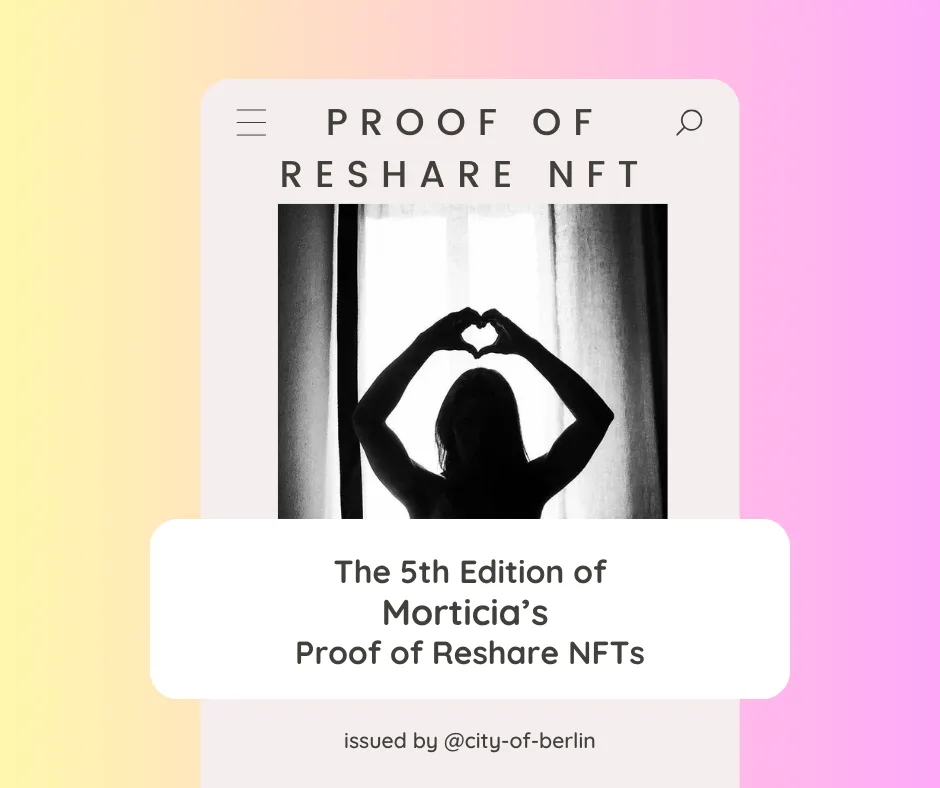
In a world where we're constantly bombarded with information and emotions, it's easy to feel compelled to react immediately to everything that comes our way. But there's wisdom in the saying, "Learn to sit back and observe—not everything needs a reaction."
Sometimes, the best course of action is to do nothing at all, at least for a moment. Giving yourself time to process what has happened before responding can be incredibly powerful. It’s a way of acknowledging that, in the heat of the moment, our emotions can cloud our judgment. When we’re angry, frustrated, or hurt, it’s easy to lash out or say something we don’t truly mean.
By taking a step back, we allow our emotions to settle, giving space for rational thought to take the lead. This pause can help us to see the situation more clearly, understand the other person's perspective, and decide on a response that is measured and thoughtful, rather than impulsive and potentially harmful.
Moreover, giving people time to reflect on their behavior can also lead to better outcomes. Often, when someone acts out, it’s because they are dealing with their own struggles. By not reacting immediately, we offer them the space to recognize their actions and perhaps even correct their course on their own.
In essence, patience and observation can be our greatest allies. They help us maintain our composure, protect our peace of mind, and promote healthier interactions. So the next time you feel that rush to react, remember: not everything needs a response. Sometimes, silence speaks volumes.
Ciao Kakao,
Your Morticia

Lerne, Dich zurückzulehnen und zu beobachten: Warum nicht alles eine sofortige Reaktion braucht
In einer Welt, in der wir ständig mit Informationen und Emotionen bombardiert werden, fühlen wir uns leicht gezwungen, auf alles, was auf uns zukommt, sofort zu reagieren. Doch das Sprichwort „Lerne, dich zurückzulehnen und zu beobachten - nicht alles erfordert eine Reaktion“ ist weise.
Manchmal ist es am besten, gar nichts zu tun, zumindest für einen Moment. Sich Zeit zu nehmen, um das Geschehene zu verarbeiten, bevor man reagiert, kann unglaublich wirkungsvoll sein. Auf diese Weise erkennen wir an, dass unsere Gefühle im Eifer des Gefechts unser Urteilsvermögen vernebeln können. Wenn wir wütend, frustriert oder verletzt sind, ist es leicht, um sich zu schlagen oder etwas zu sagen, was wir nicht wirklich meinen.
Indem wir einen Schritt zurücktreten, lassen wir unsere Emotionen zur Ruhe kommen und geben dem rationalen Denken Raum, die Führung zu übernehmen. Diese Pause kann uns helfen, die Situation klarer zu sehen, die Perspektive der anderen Person zu verstehen und uns für eine angemessene und durchdachte Reaktion zu entscheiden, anstatt impulsiv und potenziell schädlich zu sein.
Außerdem kann es zu besseren Ergebnissen führen, wenn man Menschen Zeit gibt, über ihr Verhalten nachzudenken. Wenn jemand ausrastet, liegt das oft daran, dass er mit seinen eigenen Problemen zu kämpfen hat. Indem wir nicht sofort reagieren, geben wir ihnen den Raum, ihre Handlungen zu erkennen und vielleicht sogar von sich aus zu korrigieren.
Im Grunde genommen können Geduld und Beobachtung unsere besten Verbündeten sein. Sie helfen uns, die Ruhe zu bewahren, unseren Seelenfrieden zu schützen und gesündere Interaktionen zu fördern. Wenn Sie also das nächste Mal den Drang verspüren, zu reagieren, denken Sie daran: Nicht alles muss beantwortet werden. Manchmal spricht das Schweigen Bände.
Ciao Kakao,
Eure Morticia
 |  |  |
| Don't forget to reshare! | For every reshare/rehive you will get one of my Proof-of-Reshare NFTs. Current Edition: Morticia #4 only 30 pices | Don't forget to reshare! |